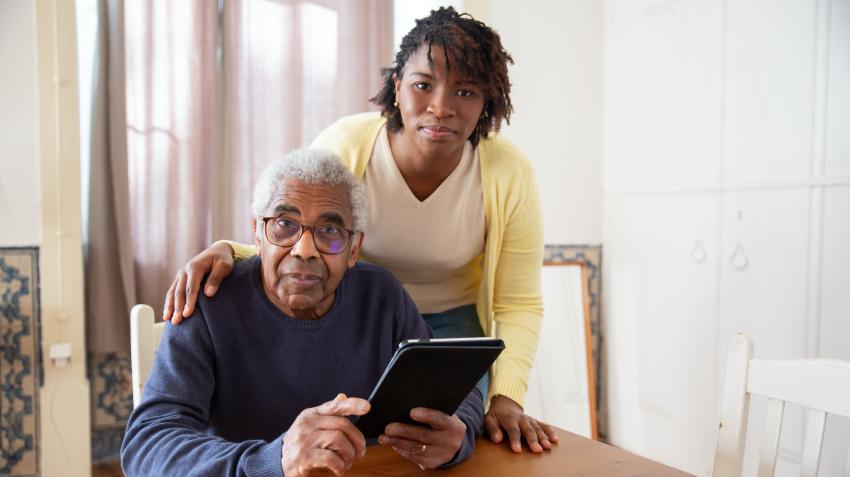Intergenerational Links, supported with resources through the Tax Incentive Law for the Rights of the Elderly Person, constitutes an effort by the City Hall of São Paulo, which involves the Municipal Fund for Idoso, SMDHC which manages and monitors the Municipal Fund for the Elderly, Fundação São Paulo, author of the project and SMADS responsible for mobilizing the target public in conjunction with the SCFV-CCINTERs, as well as being co-responsible for monitoring all project steps on canvas. Socio-assistance network whose purpose is to strengthen family and community ties, of families in situations of social vulnerability, in order to prevent situations of risk and encourage participation, protagonism and defense of rights. In this sense, the construction of a social protection model, with an emphasis on intergenerationality, is based on a response that values histories, memories and experiences of/in the territory from unique looks and perspectives that, at the same time, enable the construction of spaces of common and collective. The aim is, therefore, to sensitize old and young people, both regarding the aging process, and the conflicts and potentialities contained in generational and intergenerational relationships, as well as alternatives for multiplying knowledge related to the use of mobile devices (internet and applications) aiming at strengthening intergenerational bonds and combating ageism.
The social protection model is structured from the perspective of promoting, guaranteeing and protecting existing social and human rights in the country (ECA, Statute for the Elderly, etc.) both within the nuclear family, extended family, neighborhood and territory. We know that social weaknesses and vulnerabilities produce social isolation, uprooting, weakening relationships of belonging, as well as suffering and reducing the autonomy of individuals. Families, in their multiple configurations, experience situations of social tension in the face of the particularities of each of their members, the fragile and precarious work relationships, issues related to schooling, health problems, the possible presence of disabilities, violence, use of alcohol and other drugs, religious intolerance, etc.

